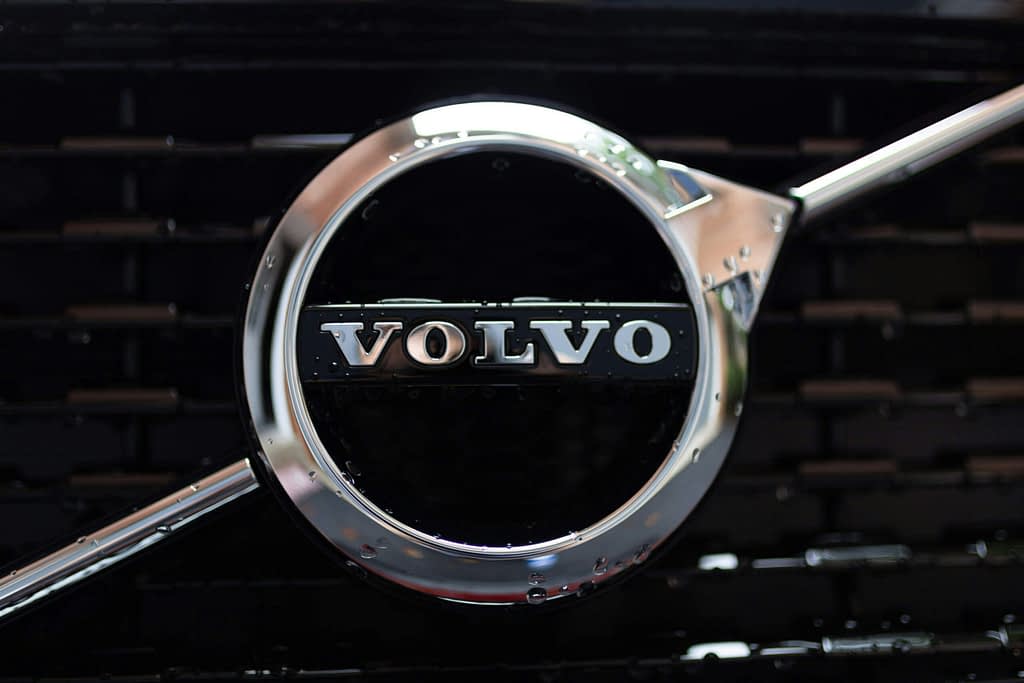Swedish automaker Volvo Cars announced the relocation of production for its best-selling XC60 model to its American plant in South Carolina as a response to high tariffs. The company controlled by Chinese group Geely faces pressure from American tariffs of 27.5% on European vehicles, placing it among automakers under tariff pressure amid trade disputes between the USA and EU.
Chinese Ownership by Geely Exposes Automaker to American Trade Disputes
Volvo Cars controlled by Chinese group Geely Holding belongs among automakers under tariff pressure from American duties. The majority of vehicles sold in the USA are imported from European plants, making the company particularly vulnerable to trade disputes.
- Chinese ownership adds another geopolitical complexity
- Tariffs on electric vehicles from China reach 100%
- The company must navigate between American and Chinese interests
The strategic decision to relocate production to the USA represents an attempt to diversify risks associated with trade disputes.
XC60 Will Begin Production in South Carolina by End of 2026
Volvo Cars plans to start production of its best-selling XC60 model at the factory in Ridgeville near Charleston, South Carolina by the end of 2026. This hybrid SUV represents the brand’s globally most successful model, and its relocation to the USA aims to mitigate the impact of American tariffs.
- Current production at the South Carolina plant includes only Polestar 3 and electric EX90 models
- The EX90 model struggles with market acceptance among US consumers
- Volvo is simultaneously streamlining its US offering and withdrawing sedans and station wagons
CEO Håkan Samuelsson confirmed that the company will “definitely not” leave the American market where it has operated for 70 years.
European Tariffs on American Cars Labeled “Unnecessary” by CEO
Samuelsson called on the European Union to reduce the 10% tariff on American vehicles and labeled this protection of the European automotive industry as unnecessary. According to him, the EU should lead the way to free trade and be the first to reduce tariffs to very low levels.
- Current American tariffs on European cars amount to 27.5%
- Before Trump’s tenure, American tariffs were only 2.5%
- Trump threatens to increase tariffs on EU vehicles to 30% from August
“The European automotive industry definitely does not need protection from American car manufacturers,” Samuelsson stated.
Earnings Declined 64% Due to Challenging Automotive Industry Environment
Volvo Cars reported operating earnings of 2.9 billion Swedish kronor (€270 million) in the second quarter, representing a 64% decline compared to the same period last year. Revenue fell to 93.5 billion kronor from last year’s 101.5 billion kronor.
- Company shares rose 8% after results announcement despite declining earnings
- JPMorgan analysts evaluated quarterly figures as better than expected
- Share price remains 20% lower year-over-year
The company attributes results to a challenging environment in the automotive industry and a one-time asset value reduction of 11.4 billion kronor.
Volvo Shares Rose 8% Despite 64% Earnings Decline
Investors positively evaluated Volvo Cars’ ability to adapt to the changing trade environment. The 8% share price increase following results announcement signals confidence in the company’s long-term strategy.
- Analysts highlighted the proactive approach to solving the tariff problem
- Relocating XC60 production to the USA reduces import dependence
- Product portfolio streamlining reflects American market reality
Volvo Cars thus demonstrates how European automakers can respond to increasing trade barriers in global commerce.




